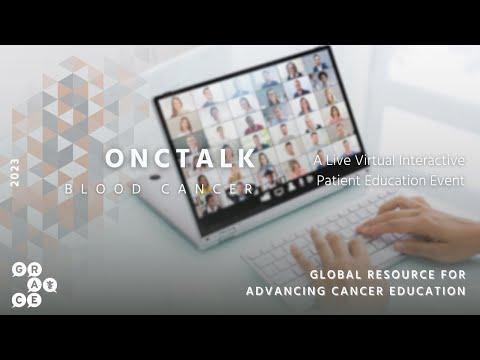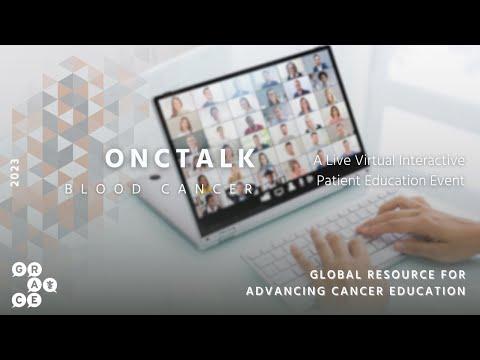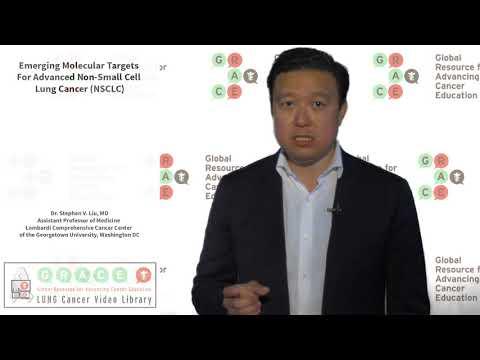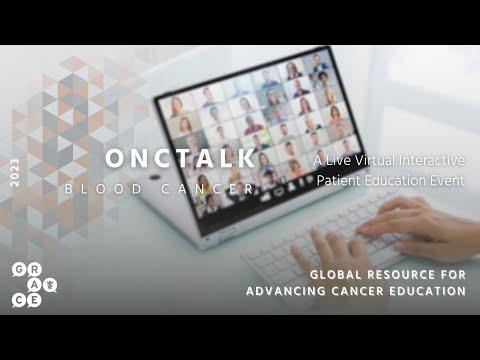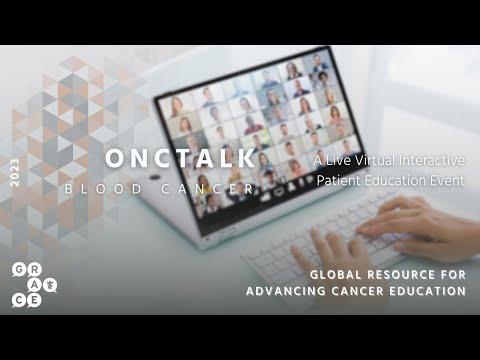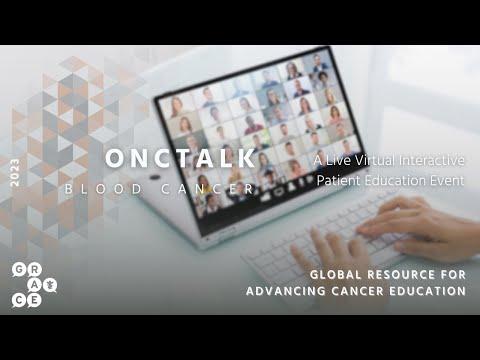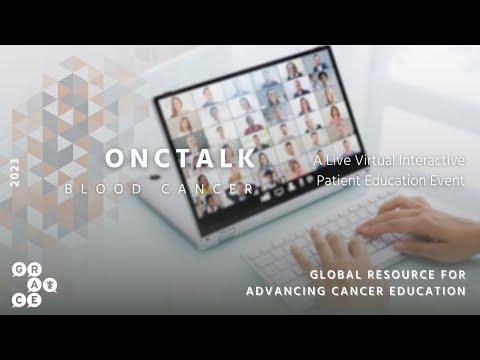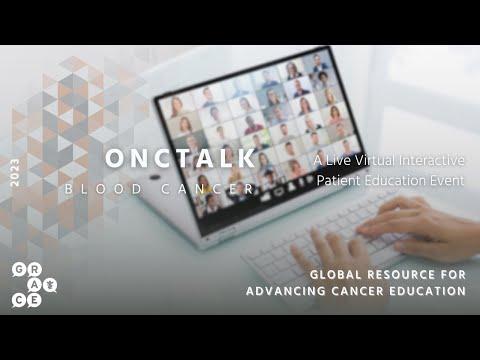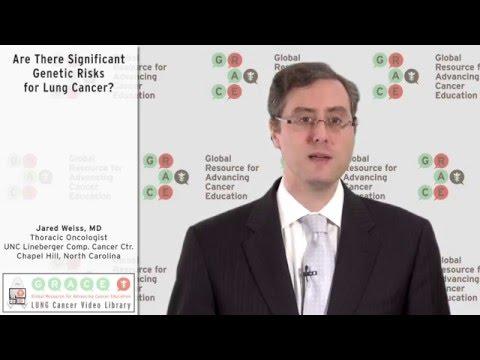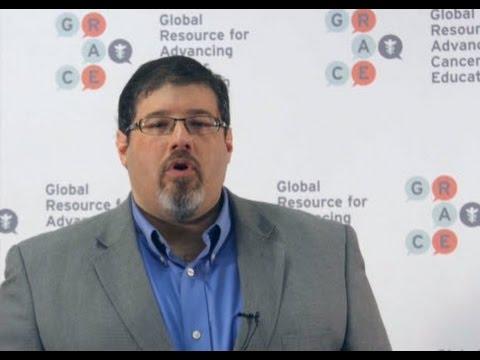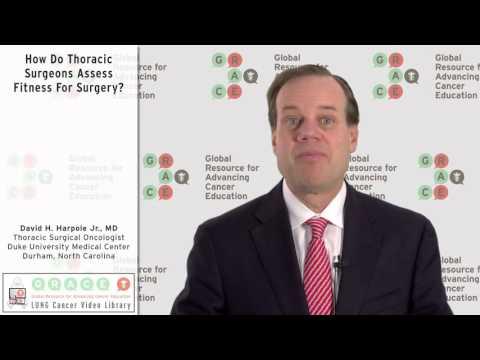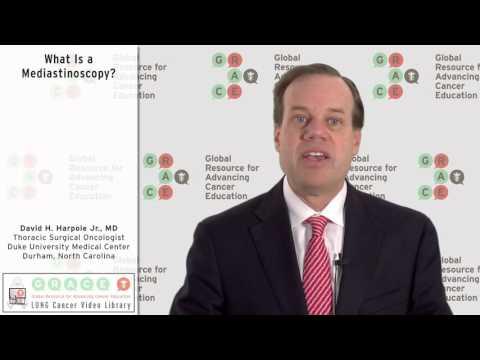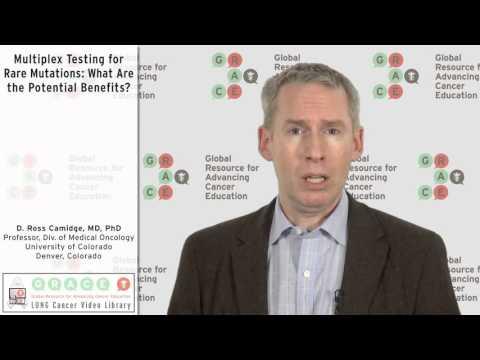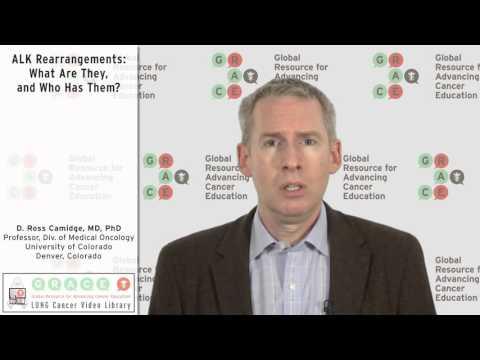In this last batch of the Q&A Session of Blood Cancer OncTalk, Drs. Aaron Goodman, Sridevi Rajeeve, Tycel Phillips, Alakrita Taneja, and Marco Ruiz come together to answer questions from the attendees at our Blood Cancer OncTalk 2023 live event. To watch the complete playlist click here.
Video Library
Search the Video Library
Video Language
Filter by Cancer Type:
Displaying Results 1 - 15 of 58
In this first batch of the Q&A Session of Blood Cancer OncTalk, Drs. Aaron Goodman, Sridevi Rajeeve, Tycel Phillips, Alakrita Taneja, and Marco Ruiz come together to answer questions from the attendees at our Blood Cancer OncTalk 2023 live event. To watch the complete playlist click here.
Stephen Liu, MD provides updates to our Lung Cancer Video Library. In this recent video, Dr. Liu discusses Emerging Molecular Targets For Advanced Non-Small Cell Lung Cancer (NSCLC)
This is the third batch of videos from the Blood Cancer OncTalk playlist. In these videos, Dr. Alankrita Taneja defines Smoldering Multiple Myeloma (SMM) and discusses how it differs from Multiple Myeloma (MM), risk factors and treatments. To watch the complete playlist click here.
This is the third batch of videos from the Blood Cancer OncTalk playlist. In these videos, Dr. Sridevi Rajeeve gives a brief description of multiple myeloma, and how immunotherapy is used in treatment. To watch the complete playlist click here.
This is the first batch of videos from the Blood Cancer OncTalk playlist. In these videos, Dr. Tycel Phillips discusses Bispecific Antibody Treatment in Non-Hodgkin Lymphoma: Epcoritamab Glofitamab To watch the complete playlist click here.
This is the second batch of videos from the Blood Cancer OncTalk playlist. In these videos, Dr. Marco Ruiz explains the concept of bone marrow transplant, and how it is used in treating blood cancers. Myeloma Lymphoma To watch the complete playlist click here.
This is the third batch of videos from the Blood Cancer OncTalk playlist. In these videos, Dr. Sridevi Rajeeve gives a brief description of multiple myeloma, and how immunotherapy is used in treatment. To watch the complete playlist click here.
Dr. Jared Weiss, UNC Lineberger Comprehensive Cancer Center, discusses the genetic risk (or lack thereof) for lung cancer.
Dr. Jack West, medical oncologist/lung cancer specialist, describes special management considerations for indolent lung cancers that may not require treatment or are at risk for “over-treatment.”
Dr. David Harpole, Duke University Medical Center, describes how he assists patients with the surgical decision-making process.
Dr. David Harpole, Duke University Medical Center, details the methods thoracic surgeons use to assess a patient's fitness for surgery.
Dr. David Harpole, Duke University Medical Center, describes the mediastinoscopy and its use in lung cancer staging.
Transcript More and more, when people are doing molecular testing on their tumor, they’re not just getting one test and if it’s negative doing another test — that’s called sequential testing, they’re doing lots of tests at the same time — that’s called multiplex testing. There are certain good
Dr. Ross Camidge, University of Colorado, describes ALK rearrangements and the characteristics of patients who most often have them.

